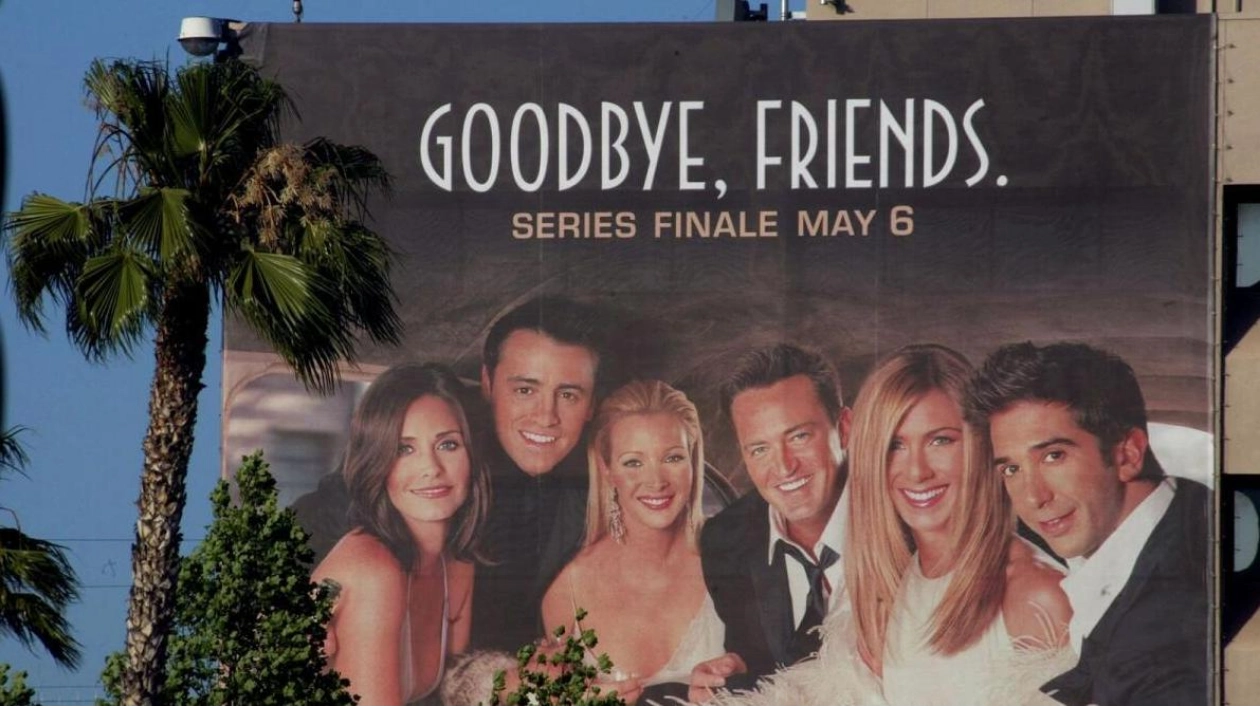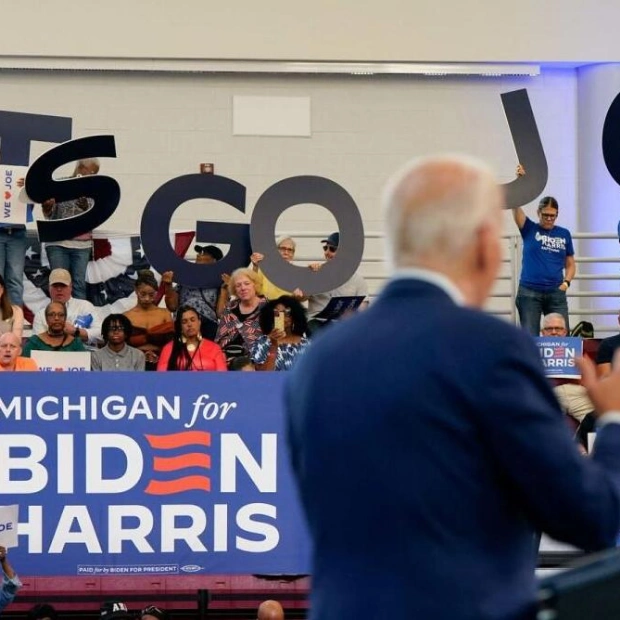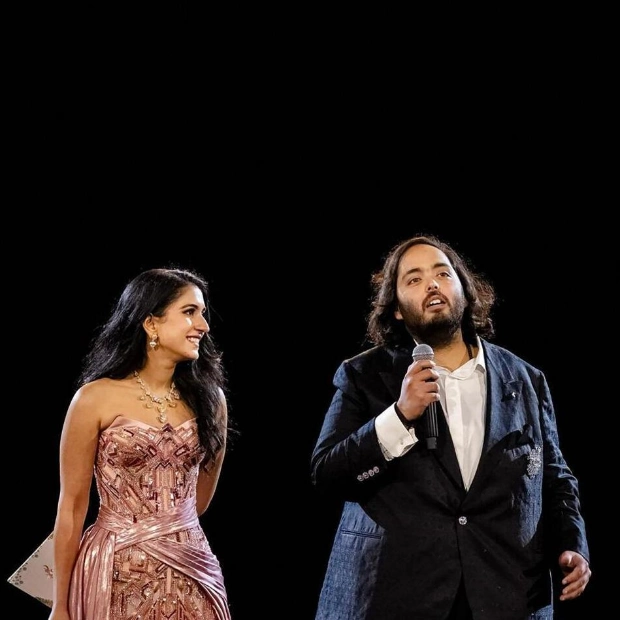In search of humor? Discovering fresh, side-splitting comedies on television today is becoming increasingly challenging. Following a surge of shows during the 'Peak TV' era, Hollywood studios are now scaling back the number of series they produce. Industry data reveals that comedy has been hit harder than drama, and producers cite a variety of obstacles in bringing new comedies to the screen.
"In comedy, the threshold for getting projects off the ground has never been higher," remarked Mike Farah, former CEO of Funny Or Die and now an independent producer, during a recent Producers Guild of America conference. Last year's television lineup was notably sparse due to Hollywood writers and actors striking. After production resumed, drama series premieres in 2024 increased by 25% compared to the previous year, while comedy premieres declined by 7%, according to Luminate, a research firm. These figures could shift by year's end.
Comedies have been a television staple since its inception, with classics like "The Honeymooners" and "I Love Lucy" entertaining audiences in the 1950s. Viewers in the 1980s and '90s were captivated by shows such as "Seinfeld," "Friends," and "Cheers." Earlier this year, Jerry Seinfeld, creator of "Seinfeld," expressed concern about the state of television comedy.
Seinfeld attributed the decline to "the extreme left and political correctness, along with people's heightened sensitivity to offending others." Hollywood writers, producers, agents, and analysts point to additional factors. Many highlight the rise of social media app TikTok, where users can watch free short videos for their comedy fix. Moreover, streaming services cater to a global audience, making it more difficult for comedies to achieve worldwide success.
As Hollywood navigates cutbacks in pursuit of profits, comedy is perceived as riskier than other genres. "It's straightforward to pitch a plot involving a murder," said Guy Branum, a writer on the Emmy-winning comedy "Hacks." "But pitching the elements that make comedy—tone, voice, and character—is challenging. Trust in the creators is crucial."
Additionally, with cable television losing viewers, media companies have reduced investments in channels like Comedy Central, a key platform for new comedy. The types of comedy on TV have also evolved. The FX series "The Bear," which runs for 30 minutes and has won Emmys in comedy categories, is seen by many as more of a drama, reflecting family dysfunction and restaurant pressures.
Despite the industry's contraction, several comedy offerings are scheduled for this fall and next year. "Abbott Elementary," an Emmy nominee for best comedy, returns to ABC in October. NBC is promoting "St. Denis Medical" for November. CBS is highlighting four comedies with the slogan "You're Laughing at CBS." Fox has already renewed its new animated comedy, "Universal Basic Guys," for a second season. Netflix is also introducing new shows from comedy icons like Ted Danson, Lisa Kudrow, Tina Fey, and Steve Carell, along with a variety of stand-up comedy specials.
Jean Smart, who recently won her third Emmy for her role in "Hacks," believes audiences today are seeking darker comedies rather than light-hearted ones. "I think people are craving comedy now more than ever," Smart said. "With the world feeling disheartening, laughter is a welcome relief."






